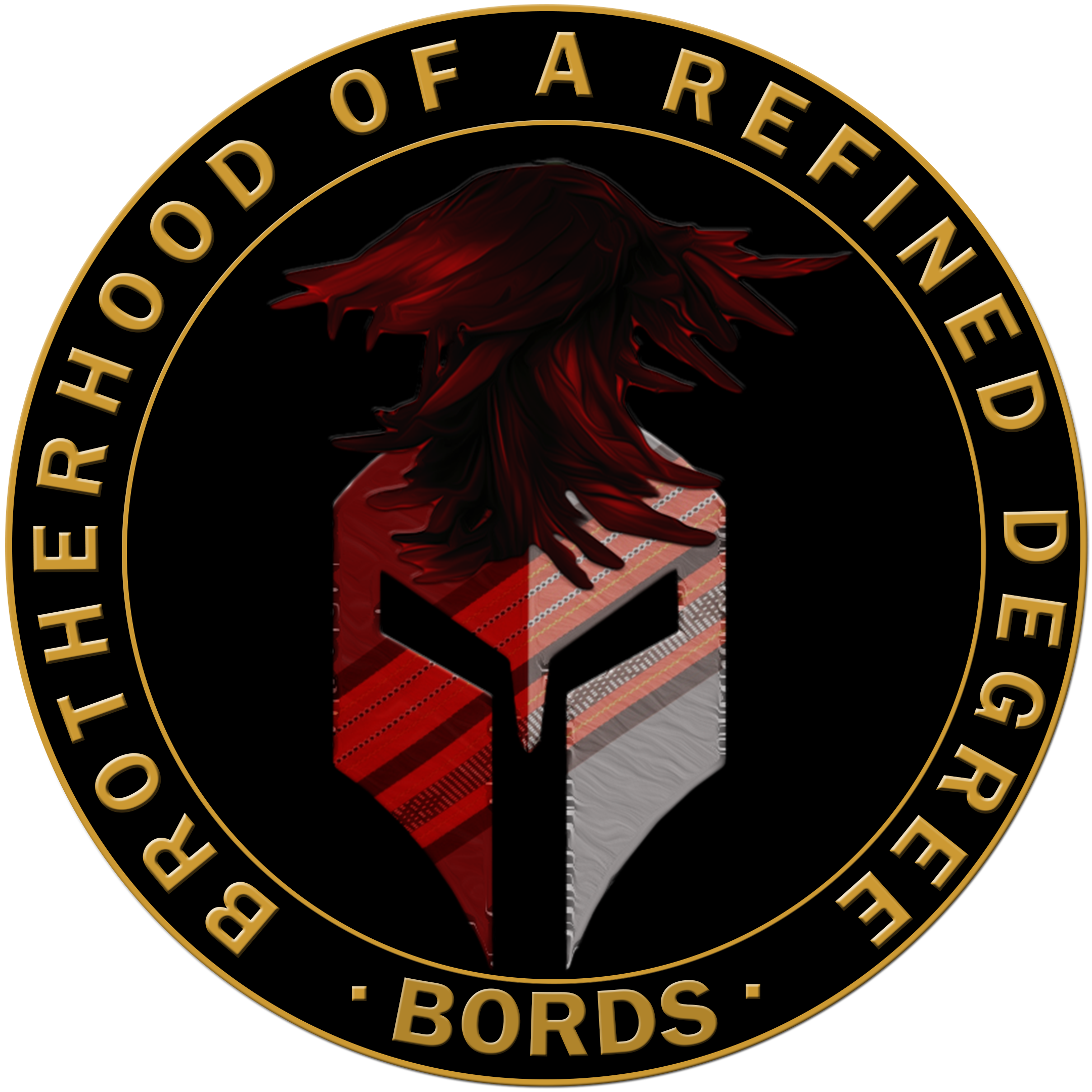On May 4, 1998, 350 eager young aspirants, clad in simple white T-shirts and denim pants, stepped through the academy’s gates with hearts full of nerves and hope. They offered their fate to the Almighty, praying for the strength to survive the grueling training ahead.
No sooner had they taken their oath than the upperclassmen descended upon them—loud, aggressive, and relentless. They barked orders, shouted insults, and forced the new cadets into exhausting physical exercises. “Leave if you can’t handle it!” they yelled. It was like roaring thunder in the ears of aspirants. It was a harsh initiation designed to test their resilience, mental toughness, and adaptability.
The first phase of their journey was a Reception, a term that brought with it an overwhelming mix of fear and anticipation and thrust into a world unlike anything they had ever known—where the comforts of civilian life were stripped away and replaced with a strict, unforgiving routine. The older cadets gave no quarter, their commands sharp and demanding, pushing the new cadets to prove they were worthy of the uniform they wore. It was a brutal introduction that forged the first layer of resilience in their character.
By June 1998, each company, from Alpha to Hornets, had elected their class representative and chosen Cdt 4th Class Marcial Paginag Paclibon from Charlie Company as president. He carried the weight of leadership, knowing that in the academy, “the mistake of one is the mistake of all.” One defining moment came when upperclassmen asked to name a class. Among the many suggestions, Cdt 4th Class Allan Rubi Macapagal bravely stood out with the name “Magilas,” which was quickly seconded and approved by the class.
Magilas—a Filipino word meaning gallant, agile, clever, and alert—embodied the essence of the cadet corps. It became a symbol of the spirit they would carry with them through every challenge and hardship. The name wasn’t just a label; it was a reminder to every member of the class that they had to constantly strive to be sharp, resilient, and steadfast, no matter the trials they faced.
The second phase was the incorporation on November 8, 1998. It is joining the upperclassmen in the barracks in all the basic chores to guide and shape the character and behavior of grandeur cadets who will lead the police force, community, and nation. It brought a sense of camaraderie as the Magilas began to settle into their new reality. Although the physical and mental toll remained intense, they began to forge bonds with their fellow cadets. There was a growing recognition that survival in the academy wasn’t just about individual strength—it was about relying on each other. Each cadet was learning how to incorporate the values of discipline, respect, and unity into their daily lives. But even as their spirits began to solidify, they continued to face the relentless demands of their upperclassmen. Every mistake and misstep were met with a harsh lesson, pushing them further into their transformation.
By the time they entered Recognition on December 14, 1998, the third phase of their journey, the Magilas had undergone a remarkable metamorphosis. Their bodies had been pushed to the limit by their upperclassmen, their minds sharpened, and their resolve tested. They had earned their place as 3rd-class cadets, but the trials weren’t over. The Magilas now had to prove themselves as leaders, ready to guide the new cadets through the hellish cycle of reception. But through it all, the song “Never Surrender,” which was in the minds of Magilas members, continued to echo in their hearts, urging them to persevere. With every battle won—whether it was enduring an exhausting physical test or surviving a mentally taxing drill—they were growing stronger, more united, and more determined to fulfill their sworn duty.
Finally, after years of unrelenting training and countless hardships, the Magilas entered the final stage: Graduation on April 29, 2000. This stage was the moment they had worked from the very first day. They had survived the trials of reception, fought through the challenges of incorporation, and stood tall in the face of the responsibilities of recognition. Graduation was not just a ceremony but the culmination of everything they had endured. The song “Never Surrender” echoed louder in their minds than ever before, a symbol of the perseverance that had carried them through every hardship.
Magilas—a word that once symbolized their youthful aspirations—had now come to represent the warriors they had become: gallant, agile, clever, and alert, ready to face the world’s challenges beyond the academy gates. They had endured the four “TIONS” of cadet life—Reception, Incorporation, Recognition, and Graduation—and emerged as survivors and leaders with a deep commitment to the people they had pledged to serve.
Mabuhay ang Magilas! The leader of the Philippine National Police, the community, and the nation.



The MAGILAS Class of 2000 had 225 graduates with 213 original members still living.
Source:
PNPAAAI Records
Philippine National Police Academy






